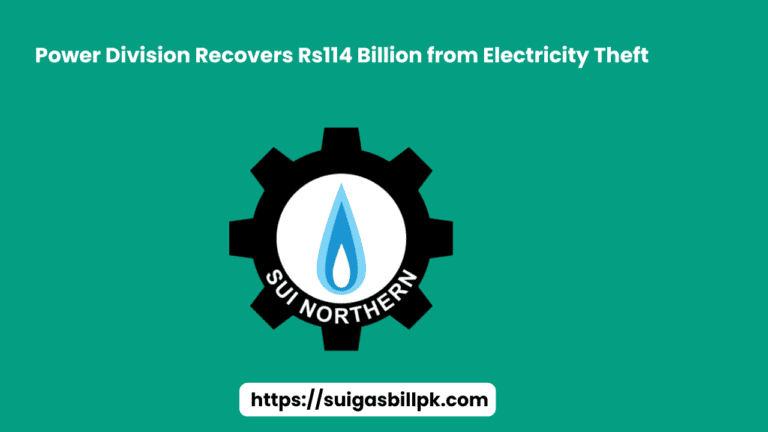JI Workers Stage Rallies in Peshawar Against Heavy Electricity Tariffs and Taxes
Jamaat-e-Islami (JI) workers have taken to the streets in Peshawar, leading large-scale protests against rising electricity tariffs and heavy taxes imposed by the government. These demonstrations reflect growing public frustration over skyrocketing electricity bills and the economic hardship faced by citizens. JI has demanded the government provide immediate relief by terminating contracts with Independent Power Producers (IPPs) and reducing electricity costs.
Protest Against Heavy Tariffs and IPPs
The protestors’ primary demand is to cancel contracts with IPPs, which JI leaders argue are driving up electricity costs. Behrullah, JI’s Peshawar emir, criticized the government for paying IPPs even when they fail to generate sufficient electricity, adding an unnecessary financial burden on the public. He emphasized that Khyber Pakhtunkhwa (KP) produces cheap electricity, yet the government continues to buy expensive power from IPPs. This policy has worsened the financial strain on households and industries alike.
JI’s central chief, Hafiz Naeemur Rehman, urged the government to reduce its operational expenses rather than shifting the financial burden onto citizens through higher tariffs and taxes.
Nationwide Protests for Relief
While Peshawar’s protests have drawn the most attention, similar demonstrations are taking place across other cities in Pakistan, including:
- Lower Dir
- Charsadda
- Mansehra
In each city, JI leaders raised concerns about inflation, rising electricity bills, and soaring costs of daily essentials. Protestors warned the government that if relief is not provided immediately, JI would consider launching a civil disobedience movement.
For more insights into inflation’s effect on daily life, read our blog on Understanding Inflation in Pakistan.
Impact of Soaring Costs on the Public
The rising costs of electricity and heavy taxes have made it increasingly difficult for citizens to meet their basic needs. JI leaders highlighted that many families are being forced to sacrifice essential services, including education and healthcare, just to pay their electricity bills. The demonstrators stressed that the situation is unsustainable and urged the government to take immediate action to ease the financial burden on the public.
The protests’ rallying cry was clear: reduce electricity tariffs, eliminate unnecessary taxes, and cancel IPP contracts that are inflating prices.
Managing Energy Bills Amid Rising Tariffs
As electricity tariffs continue to rise, Karachi and Peshawar residents alike are seeking ways to manage their utility bills more effectively. Here are some strategies to help reduce energy costs:
- Use energy-efficient appliances: Switch to LED bulbs and inverter air conditioners to cut down on electricity consumption.
- Install solar panels: Reduce reliance on grid power with solar systems that offer long-term savings.
- Track bills online: Use online portals such as KE Electric Bill to stay updated on your utility usage.
- Monitor gas usage: Manage gas expenses using the SNGPL Duplicate Bill tool.
The Government’s Response and the Road Ahead
So far, the government has acknowledged the protests but has not taken any concrete steps to meet the demonstrators’ demands. If the situation remains unresolved, JI leaders have hinted at intensifying the protests and even launching a nationwide civil disobedience movement. The economic pressure on households due to high electricity tariffs and taxes has reached a tipping point, and citizens are demanding immediate relief.
Conclusion
The JI-led rallies in Peshawar highlight the growing public frustration over heavy electricity tariffs and the economic hardship caused by government policies. As similar protests spread across Pakistan, the urgency for reform becomes evident. The government must act quickly to address the demands by renegotiating IPP contracts and lowering electricity costs, or it risks facing more unrest.
Stay informed on the latest developments in the energy sector and explore strategies to manage your utility bills more efficiently by visiting Sui Gas Bill.
FAQs
Q1: What are JI workers protesting?
A: JI workers are protesting against rising electricity tariffs, heavy taxes, and IPP contracts that contribute to high electricity prices.
Q2: Why are IPP contracts being criticized?
A: JI leaders argue that the government is paying IPPs without receiving enough electricity in return, leading to higher costs for the public.
Q3: What is the primary demand of the JI protestors?
A: JI demands the termination of IPP contracts and reduction in electricity tariffs and taxes to provide relief to the public.
Q4: How does inflation impact these protests?
A: Inflation has worsened the financial situation, with higher electricity bills adding to the burden on citizens already struggling with rising prices of everyday goods.
Q5: What steps could JI take if the government doesn’t act?
A: If the demands are not met, JI has hinted at launching a civil disobedience movement and intensifying nationwide protests.







